Stroke is a leading cause of disability and death worldwide, but many risk factors are within our control—especially our diet. While it may seem counterintuitive, some foods traditionally considered “bad” can actually help reduce stroke risk when consumed in moderation. Here are six such foods:
1. Red Meat
Red meat, particularly when it is lean, can be part of a balanced diet that reduces stroke risk. While excessive consumption of red meat, especially processed varieties, is associated with higher cholesterol levels and arterial plaque buildup, moderate intake of lean red meat can provide essential nutrients like iron, zinc, and vitamin B12. These nutrients support overall health and can be part of a diet that includes plenty of fruits, vegetables, and whole grains to mitigate the risks. It’s important to choose lean cuts and limit portion sizes.
2. Full-Fat Dairy Products
Full-fat dairy products like whole milk, butter, and cheese are often avoided due to their high saturated fat content. However, recent research suggests that the relationship between dairy fat and stroke risk is more complex. Some studies indicate that certain fatty acids found in full-fat dairy may have protective effects against stroke. For example, the fat in dairy products can help with the absorption of fat-soluble vitamins like vitamin D, which is essential for bone health and may also play a role in reducing stroke risk. As with red meat, moderation is key, and choosing high-quality, minimally processed dairy products is advisable.
3. Dark Chocolate
Dark chocolate, rich in cocoa, contains flavonoids that have antioxidant and anti-inflammatory properties. These compounds can improve blood flow and reduce blood pressure, both of which are beneficial for reducing stroke risk. A study published in the journal Stroke found that regular consumption of dark chocolate was associated with a lower risk of stroke. To reap these benefits, choose dark chocolate with a high cocoa content (at least 70%) and consume it in moderation.
4. Eggs
Eggs have long been a topic of debate due to their cholesterol content. However, recent research has shown that for most people, the cholesterol in eggs does not significantly raise blood cholesterol levels. In fact, eggs are a good source of high-quality protein, vitamins, and minerals that can support overall health. They also contain choline, a nutrient that is important for brain health. Including eggs in a balanced diet can be part of a strategy to reduce stroke risk, especially when paired with plenty of fruits, vegetables, and whole grains.
5. Nuts and Seeds
Nuts and seeds are often considered high-calorie foods, but they are packed with healthy fats, fiber, and protein that can support heart health and reduce stroke risk. For example, almonds, walnuts, and flaxseeds are rich in omega-3 fatty acids, which can reduce inflammation and improve blood vessel function. A study published in the American Journal of Clinical Nutrition found that regular nut consumption was associated with a lower risk of stroke. To incorporate nuts and seeds into your diet, try adding them to salads, yogurt, or oatmeal, or enjoy them as a snack.
6. Wine
Moderate wine consumption, particularly red wine, has been linked to a lower risk of stroke. Red wine contains resveratrol, a compound that has antioxidant and anti-inflammatory properties. These properties can help improve blood flow and reduce the risk of blood clots, which are major causes of stroke. However, it is important to note that excessive alcohol consumption can have the opposite effect and increase stroke risk. The key is moderation: for men, up to two drinks per day, and for women, up to one drink per day.
While it is important to maintain a balanced diet that is low in sodium, saturated fats, and added sugars, some foods traditionally considered “bad” can actually play a role in reducing stroke risk when consumed in moderation. By incorporating lean red meat, full-fat dairy, dark chocolate, eggs, nuts and seeds, and wine into a diet rich in fruits, vegetables, and whole grains, you can support your overall health and reduce your risk of stroke. As always, it is recommended to consult with a healthcare provider or registered dietitian to develop a personalized nutrition plan that meets your specific needs and goals.
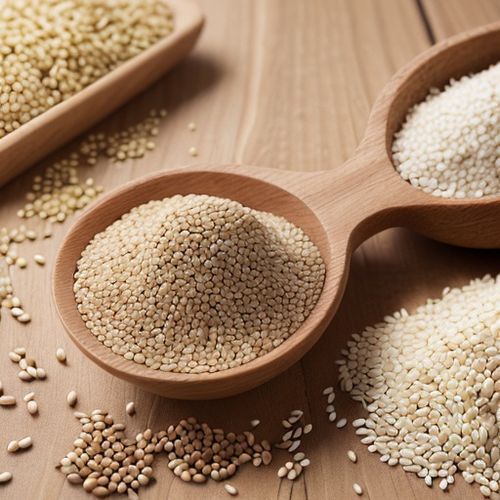
By George Bailey/May 12, 2025

By Amanda Phillips/May 12, 2025

By Thomas Roberts/May 12, 2025
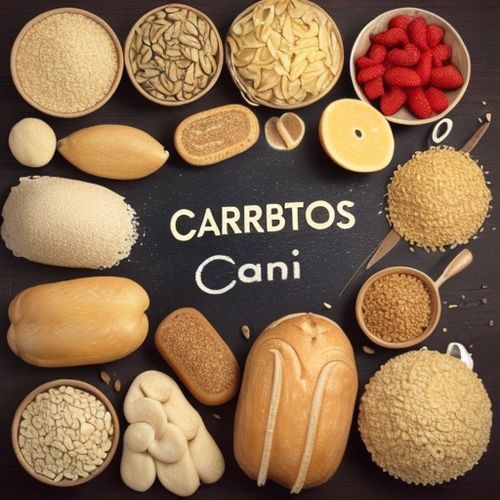
By Benjamin Evans/May 12, 2025
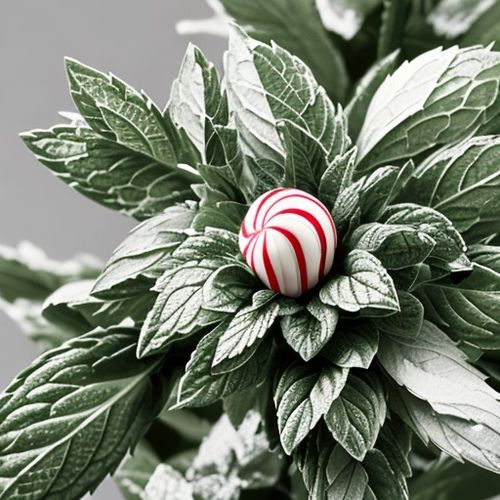
By Natalie Campbell/May 12, 2025

By Lily Simpson/May 12, 2025
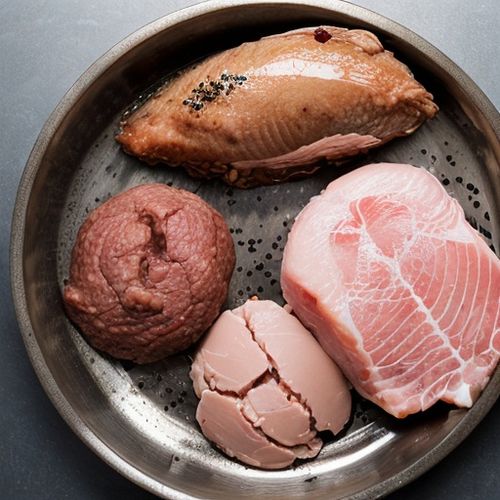
By Megan Clark/May 12, 2025

By Christopher Harris/May 10, 2025

By Emma Thompson/May 10, 2025

By Ryan Martin/May 10, 2025

By Michael Brown/May 10, 2025
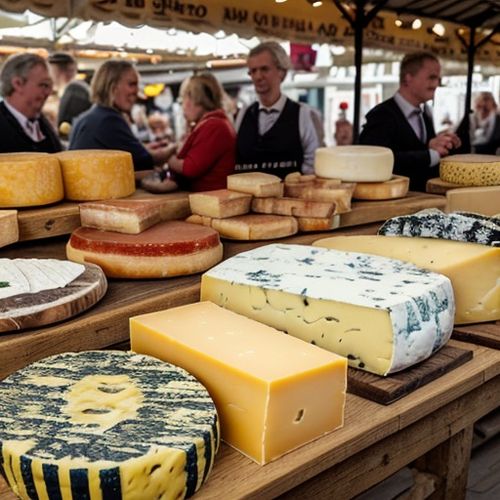
By Sophia Lewis/May 10, 2025
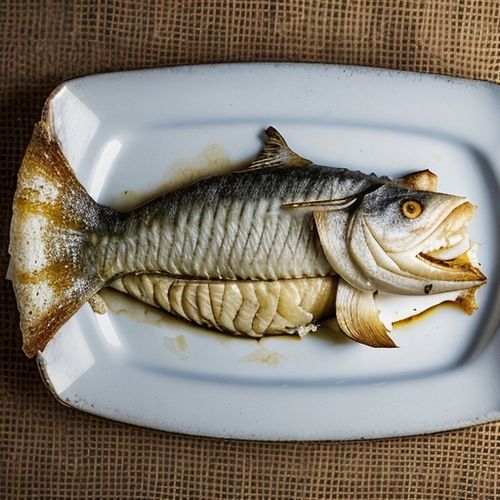
By Eric Ward/May 10, 2025

By George Bailey/May 10, 2025
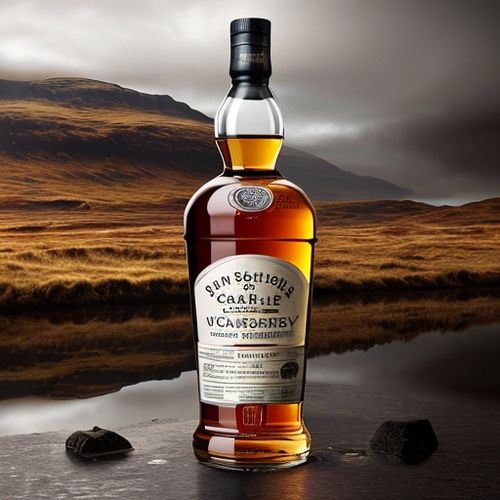
By Elizabeth Taylor/May 10, 2025